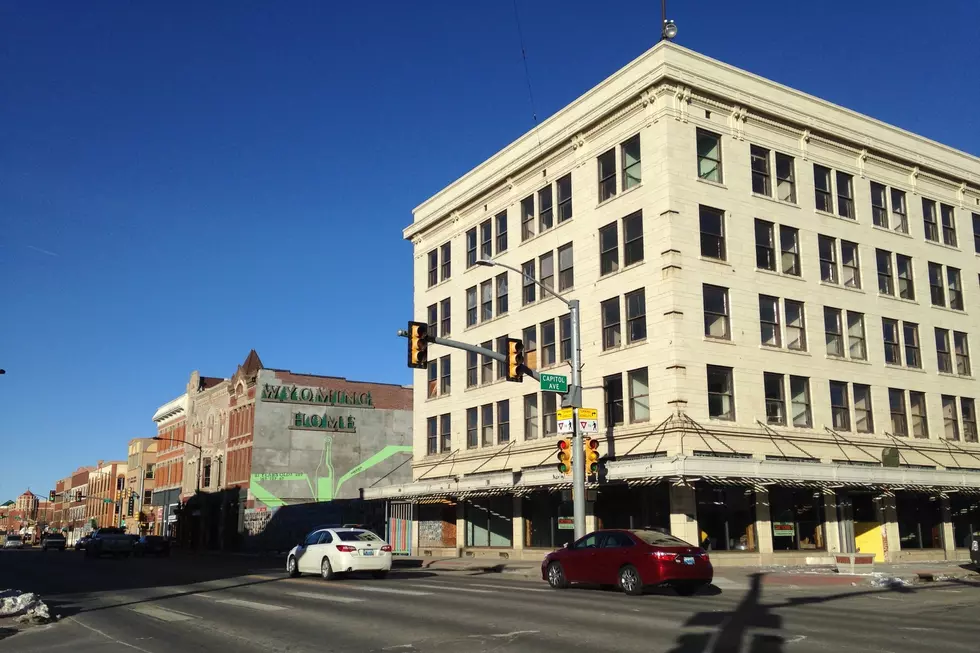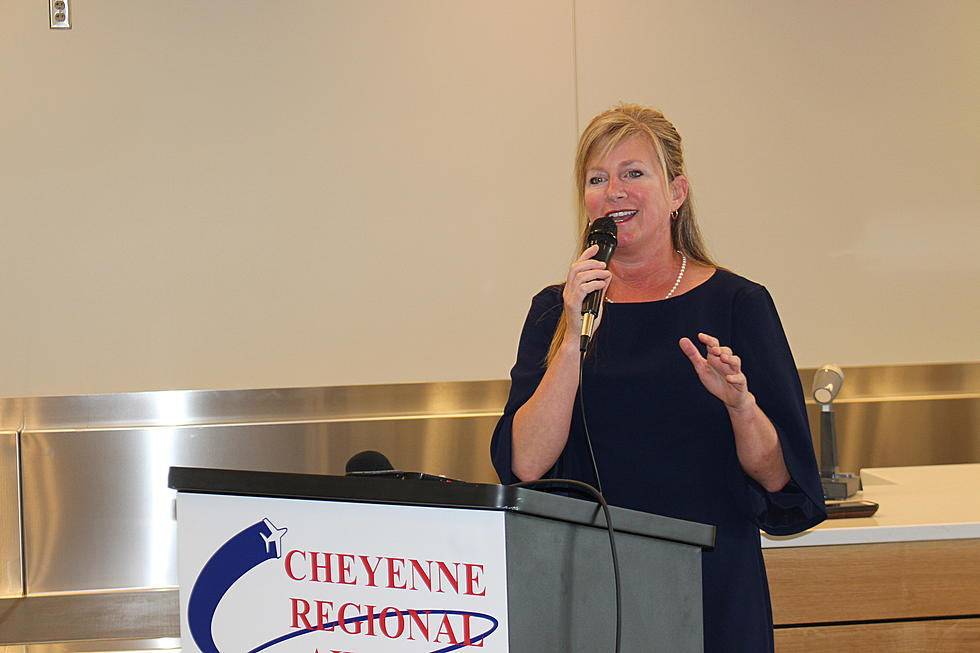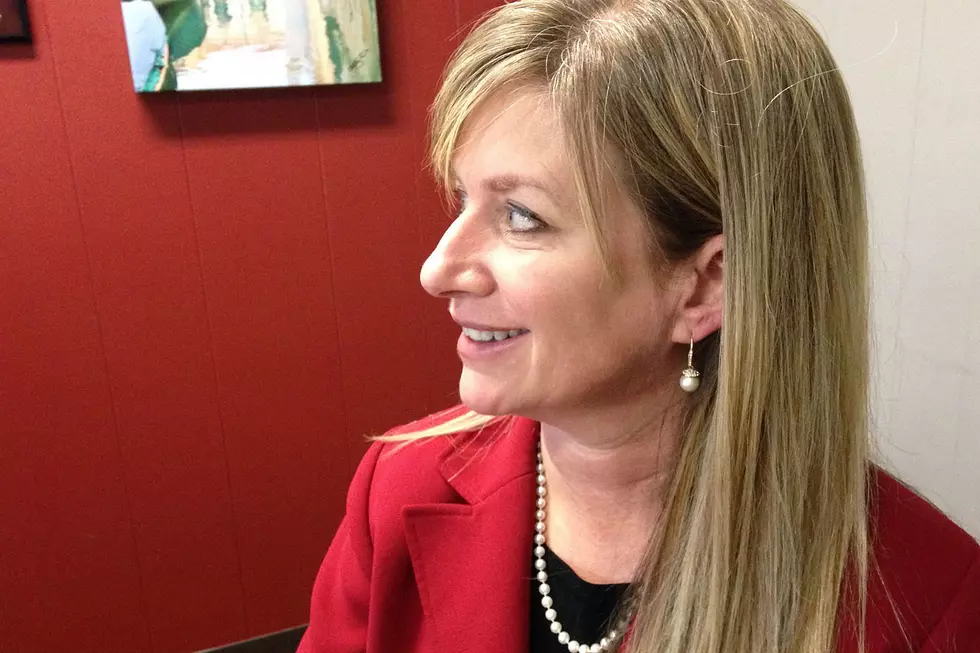
Children’s Museum Of Cheyenne Officials Explain Land Decision
Officials with the Children's Museum of Cheyenne say they had several reasons for rejecting an offer of free land on which to build the facility.
Museum Board President Caroline Veit and board member Susanna Bird say they have been getting a lot of questions about the decision to reject on offer of free property adjacent to the Cheyenne Ice and Events Center on which to build the facility.
The board has instead chosen a site at 1618 O'Neil as the site for the museum.
Negotiations for that property with the Dinneen family which owns the land, are still ongoing. Because of that, no terms of the deal have been announced, but museum officials have said they have entered a "partnership" with the family to buy the land.
Veit says one reason for rejecting the offer from Smith-White was that museum board members had always visualized the children's museum as being part of downtown Cheyenne as opposed to an outlying area such as near the ice and events center.
She says another concern was that even though the land was free, there would be a "great expense" involved in ''developing all of those infrastructure that would be needed to put a children's museum on it."
Veit says there was also a problem with the timing of the offer since museum faced a 2019 deadline for having the facility up and running on the Smith-White property. Veit says the board couldn't couldn't be certain of making the deadline with all of the work and planning that would go into building the museum.
Veit says another timing issue was the fact the museum had already made plans to move to the O'Neill property when Smith-White made her offer at a news conference called by Cheyenne mayoral candidate Marian Orr.
Orr's rival for mayor, Amy Surdam, was at the time the President of the museum board, a position she has since resigned. Laramie County voters on Nov. 8 will also decide the fate of a seventh-penny tax proposal to build the museum.
If approved the tax would be a quarter of a cent tax on commercial sales transactions in the county over a four-year period. In other words, there would be a penny tax levied on every four dollars spent on such transactions over the four-year period.
More From KGAB









